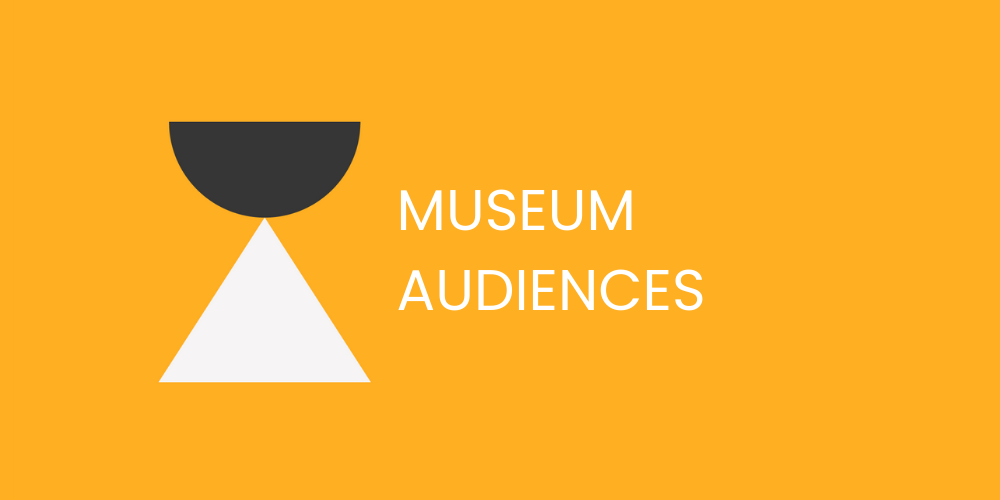Contradictions and Complexity
As researchers who study how museums serve their audiences, we often encounter contradictions in how people make meaning from experiences. Humans are complicated and often grapple with conflicting beliefs, attitudes, or behaviors.
This month, we share some resources that explore this complexity from a few different angles.
December Coffee Break Picks
CATHY’S PICK
Tips from Industry Ethnographers
“I’m always interested in learning from other sectors and recently attended a conference called EPIC on applied ethnography in industry. This User Interviews article is full of great insights from fellow EPIC members about ethnographic skills that any researcher should cultivate. I found it refreshing to read through and pick out overlaps with museums and visitor studies; turns out, our worlds aren’t so different!”
AMANDA’S PICK
Should we ask about race?
“As researchers, we are continually required to make decisions about what questions to ask participants and why in data collection. One of the most debated decisions is whether to ask about race, and if so, how. This Washington Post article shares arguments from those who want the Census Bureau to cease asking people to identify by race at all.”
EMILY’S PICK
Preserving Social Memory
“In early October, I had the pleasure of attending the Association for Art Museum Interpretation’s 2023 Convening. Given my background in artmaking and interpretation, I loved attending this conference, and I enjoyed reading this piece on AAMI’s blog, ‘Reflections on Interpretation.’ The post features excerpts from a conversation between interpretation colleagues: Manuel Ferreira, Ariel Russell, Loren Wright, and Sally Otis (moderator). In their conversation, they reflect on critical interpretive practices, significant changes in the field, and the importance of DEAI work within interpretation. Happy reading!”
New on the Learning Hub
What’s New At Kera?
We’re excited to work with Dr. Melissa Crum, a certified DEI practitioner, this month for our team retreat focused on anti-racism. Stay tuned for updates on our LinkedIn page!
We recently worked on a visitor evaluation with the Denver Art Museum, where we led walk-and-talk interviews in the galleries. We’re excited to be using this method again on a new evaluation project with the Fine Arts Museum of San Francisco!
We are grateful to spend time with family, friends, and loved ones this month. We hope you all have a joyous holiday season!
Moment of Wonder
“I had the opportunity to see the famed Fareed Ayaz & Abu Muhammad Qawwal perform qawwali in New York City. Qawwali is a type of devotional South Asian hymn. Fareed Ayaz is a qawwal (meaning one who does qawwali), who is a part of the Delhi gharana (school of music). The Delhi gharana traces itself to Amir Khusrau, who was a 13th century court musician of the Delhi Sultanate, and a figure known to have popularized qawwali. The performance was mesmerizing, and something I’ll never forget.”
— Lina






